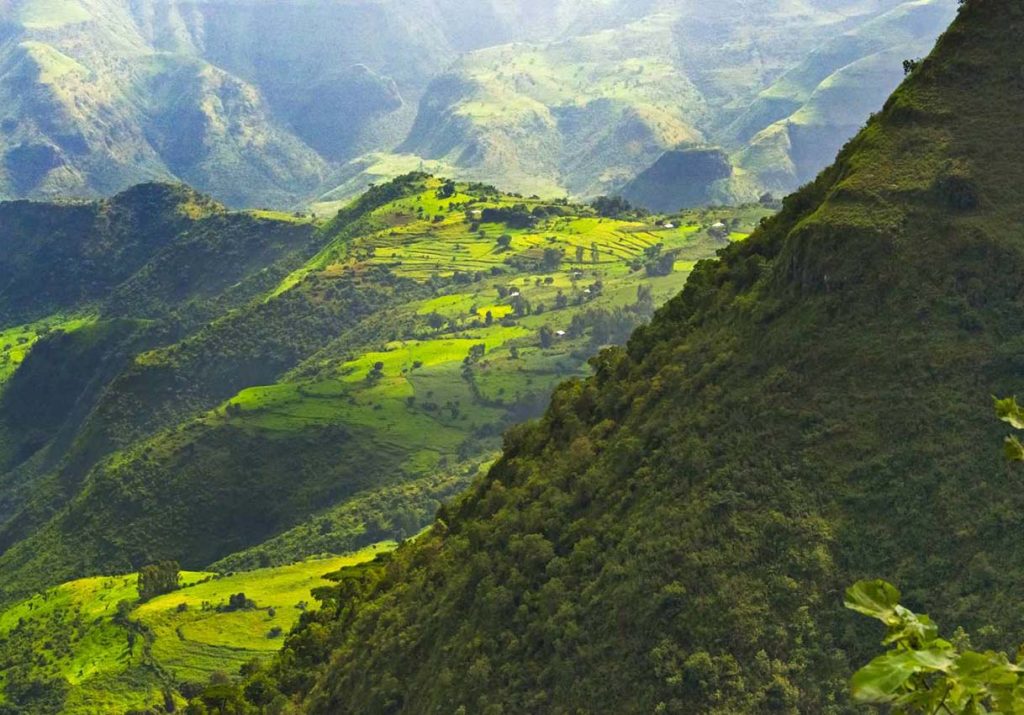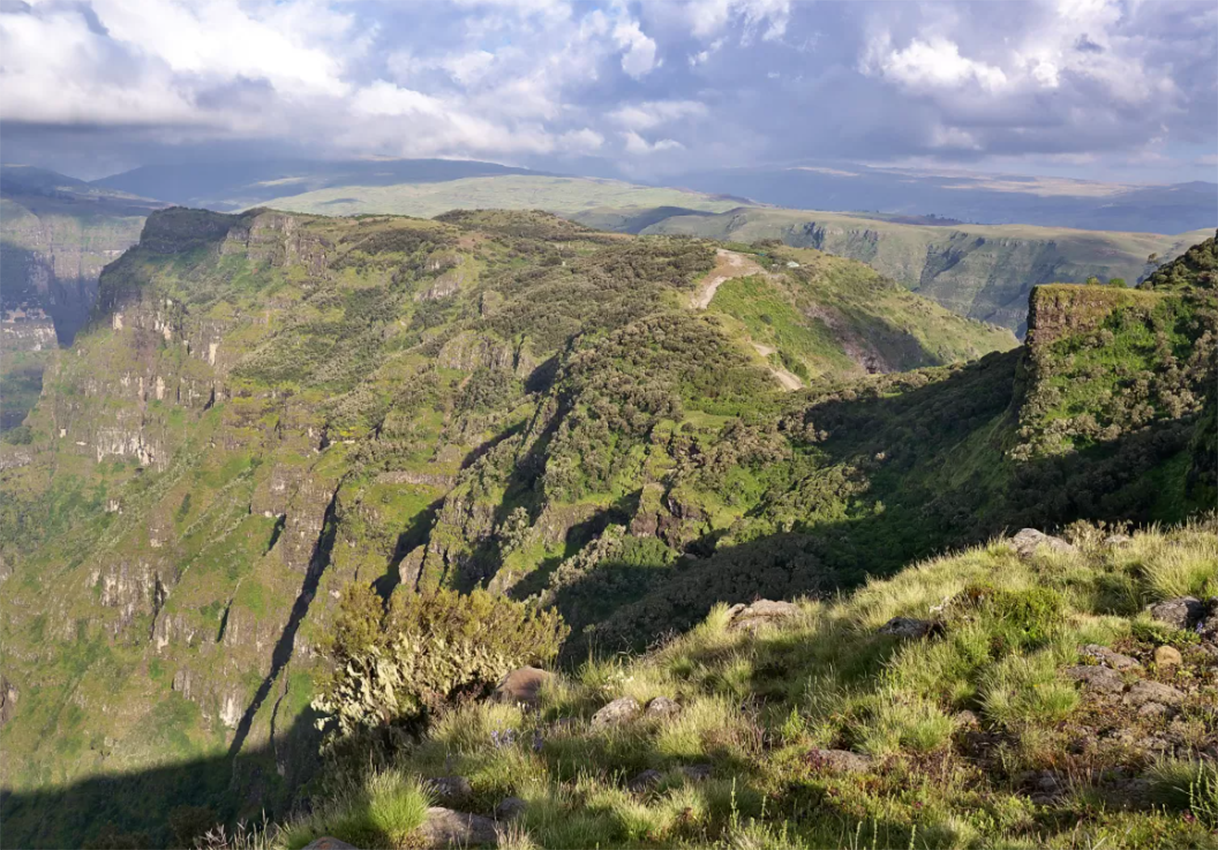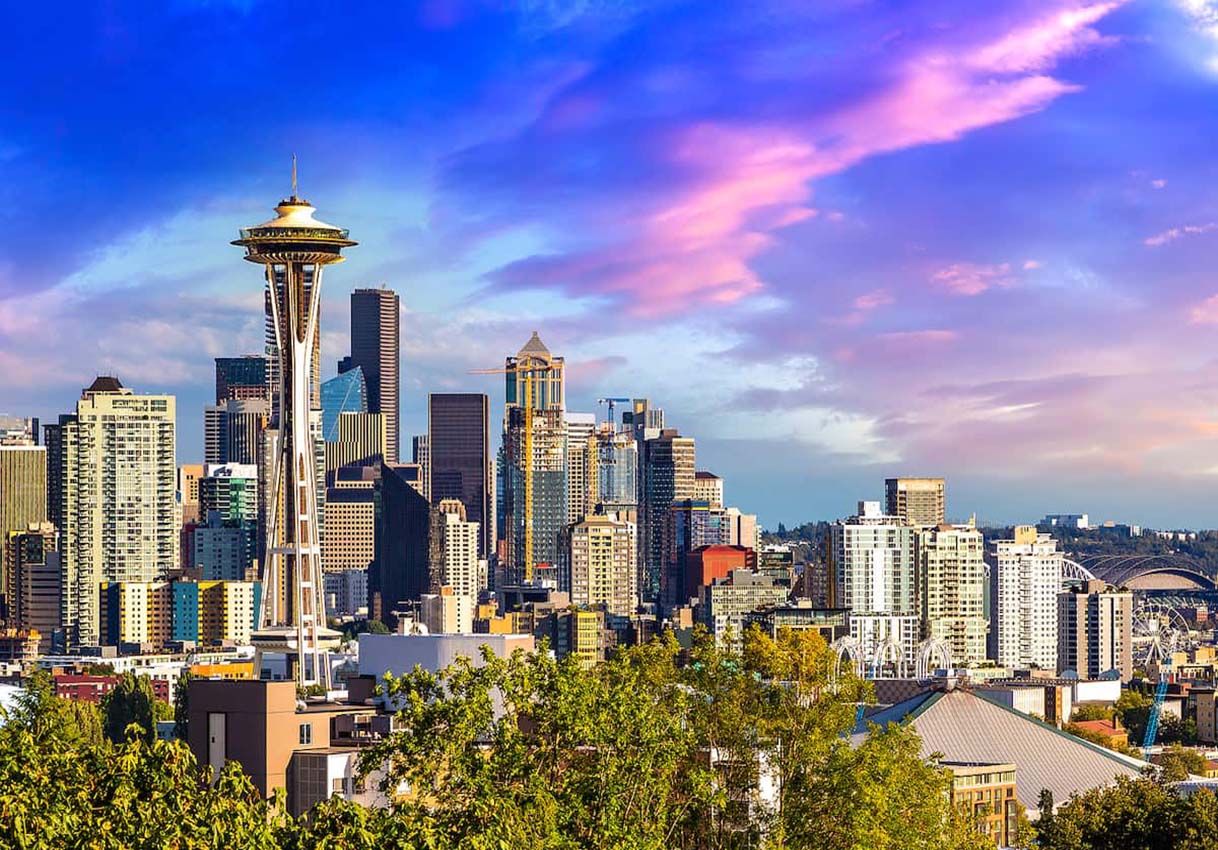Ethiopia, a land of diverse cultures, awe-inspiring natural landscapes, and historical significance, beckons to travelers seeking a unique and enriching adventure.
Embracing Ethiopian Culture
1. Respect Local Traditions
Ethiopia boasts a rich tapestry of traditions and cultural practices. It is of utmost importance to respect these customs, including the removal of shoes when entering homes and religious sites.
2. Language
While Amharic is the official language, English is widely spoken, particularly in urban areas. Learning a few basic Amharic phrases not only facilitates communication but also demonstrates your respect for the local culture.
3. Dress Modestly
Ethiopians typically adhere to conservative dress codes. When visiting religious sites and churches, ensure your shoulders and knees are covered. Carrying a scarf or shawl is a practical way to meet dress requirements.
Discovering Ethiopia’s Natural Marvels

4. Simien Mountains
Ethiopia is home to the awe-inspiring Simien Mountains, a UNESCO World Heritage Site. If trekking in this region is on your agenda, be prepared for high altitudes and fluctuating weather conditions.
5. Danakil Depression
The otherworldly landscapes of the Danakil Depression are a must-see. However, this area experiences extreme temperatures, so prepare for scorching heat. Stay hydrated, wear appropriate clothing, and use sunscreen.
6. Simien Mountains National Park
For wildlife enthusiasts, Simien Mountains National Park is a sanctuary for unique species like the Ethiopian wolf and the gelada baboon. Engaging a local guide can greatly enhance your chances of spotting these remarkable creatures.
Prioritizing Safety and Health

7. Vaccinations
Ensure that your routine vaccinations are up-to-date. Consult a healthcare professional for guidance on additional vaccines such as yellow fever and malaria prophylaxis, depending on your travel plans.
8. Travel Insurance
It is strongly recommended to invest in comprehensive travel insurance that covers medical emergencies, trip cancellations, and lost belongings. Medical facilities in Ethiopia may not meet international standards, making insurance a vital safety net.
9. Currency and Cash
The local currency is the Ethiopian Birr. Credit cards are not universally accepted outside major cities, so carry ample cash for your journey and exchange currency at authorized outlets.
10. Local Guidance
Engaging local guides for trekking or exploring remote areas enhances both your safety and overall experience. Local guides possess invaluable knowledge of the terrain and can navigate challenging landscapes.
Reverence for Religious Sites
11. Lalibela
Lalibela is renowned for its rock-hewn churches, a UNESCO World Heritage Site. When visiting these sacred sites, exhibit the utmost respect by removing your shoes, dressing modestly, and maintaining a solemn demeanor.
12. Timket Festival
If your visit coincides with the Timket Festival (Epiphany), appreciate its profound religious significance. The festival is a vibrant and crowded celebration, so be mindful of the personal space of local participants.
Ethiopia invites travelers to embark on an extraordinary journey filled with cultural depth, natural grandeur, and historical significance. By embracing local traditions, preparing for outdoor adventures, and prioritizing safety, you can ensure a rewarding and memorable travel experience in this captivating country. Whether you are exploring the ancient rock-hewn churches of Lalibela, trekking through the Simien Mountains, or witnessing the surreal landscapes of the Danakil Depression, Ethiopia promises an adventure that will leave an indelible mark on your soul.




